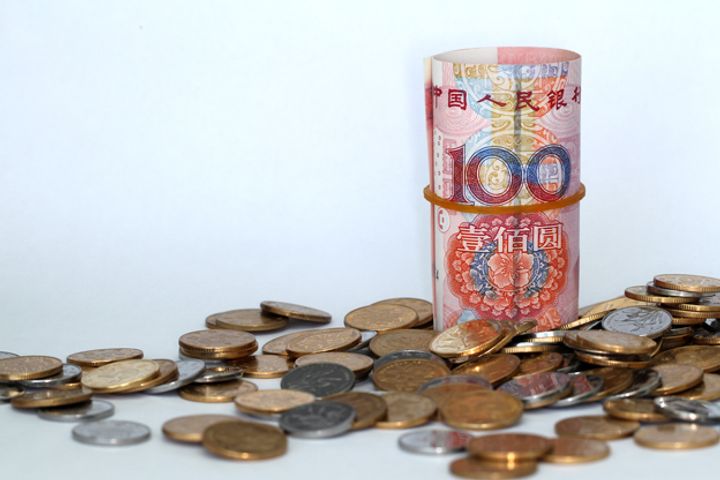 Foreign-Held Yuan Bonds Fall to 20-Month Low, but Yuan Assets Stay in Vogue
Foreign-Held Yuan Bonds Fall to 20-Month Low, but Yuan Assets Stay in Vogue(Yicai Global) Dec. 6 -- Foreign institutions' Chinese yuan-denominated bond holdings dropped to a 20-month nadir last month after an upward trend, data show, though analysts still believe overseas investors favor redback assets.
Foreign institutions' bonds at Beijing-based China Central Depository & Clearing, the firm tasked with bond custody and clearing in the country, reached around CNY1.42 trillion (USD200 billion) by last month's end, a drop of CNY18.3 billion on the month before, per CCDC's latest statistics, 21st Century Business Herald reported today.
Close scrutiny of short-term foreign investments' flow into and from China is unnecessary, as yuan-backed assets still beguile foreign investors taking the long view, several global financial market players said.
The CCDC data show the residual amount of yuan bonds foreign institutions hold, and both trading volumes and bond prices affect these, an analyst with a foreign-invested bank noted, adding the yuan exchange rate fell sharply last month as China-US trade friction escalated, prompting some foreign investors to pare their yuan assets in the short haul, which is quite normal.
Investment should focus on long-term logic rather than shilly-shally based on monthly blips. The further opening-up of China's financial markets further buffs the redback's appeal to foreign investors and increasing demand for yuan assets will hold for some time, the analyst said.
Foreign institutional investors clearly plan to buy more yuan bonds with the advent of December as the sparks between China and the US have started to subside and the yuan rate has begun to rise.
Added investment is also a factor triggering the improved exchange rates of Dec. 3 and 4. The yield curve of the US Treasury Bond has now inverted, meaning the short-term earnings yield is higher than in the long term, mirroring market concerns about US economic prospects. Holding assets in China lets foreign investors take all their eggs out of one basket, however, a trader at a state-owned Beijing bank said.
China-US trade tensions started easing at the G20 summit held in Buenos Aires, Argentina on Nov. 30 and Dec. 1 and the global tendency to dodge risks also began to wane, thus allaying foreign investors' concerns about a declining Chinese economy. Such relief will probably encourage them to further invest in local-currency assets and this will correspondingly affect capital flow and exchange rate trends, explained Xie Yaxuan, chief macroeconomic analyst at China Merchants Securities.
Editor: Ben Armour